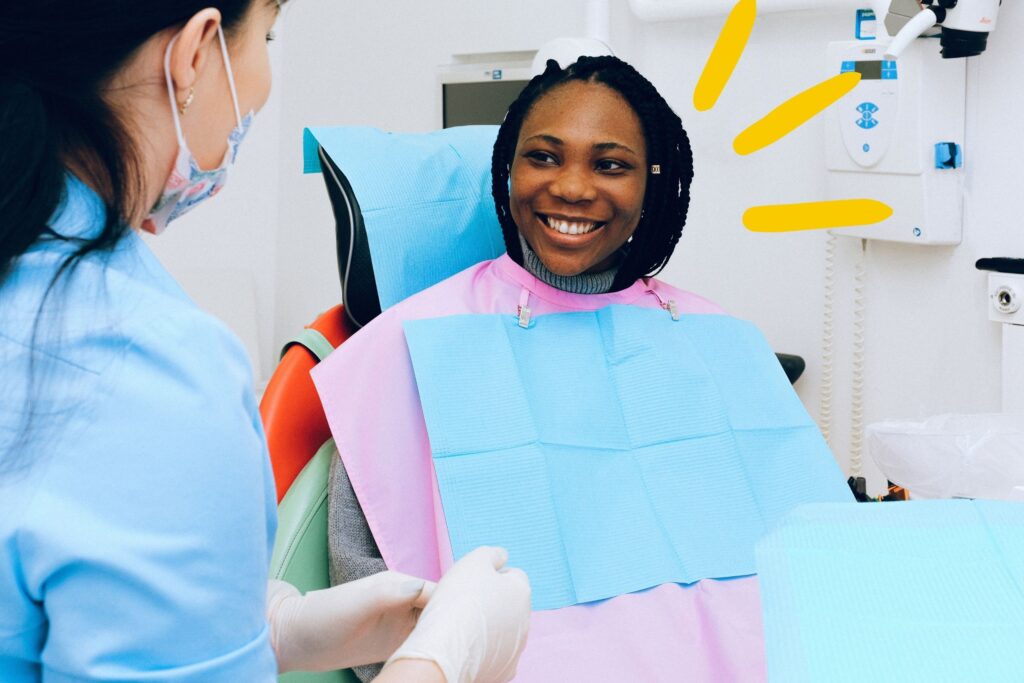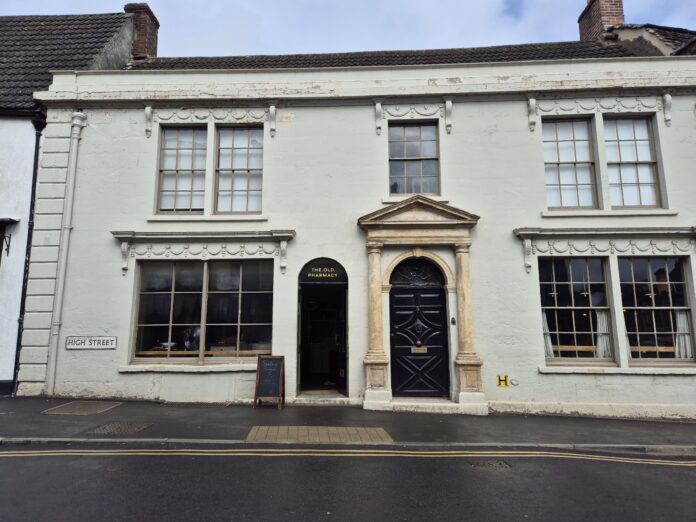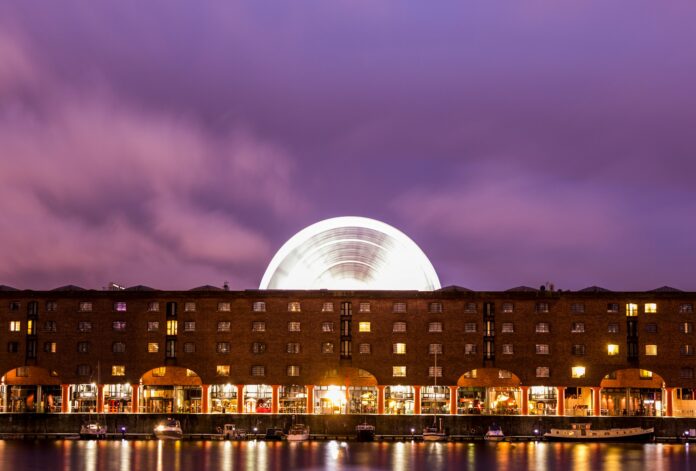We’ve all seen the recent headlines of the growing waiting lists to see a dentist, both in terms of NHS and private practices. In fact, in recent months there have been a slew of troubling stories about people having the resort to ‘DIY dentistry’ in the face of agonising waits for an appointment.
For those with the means, private dentistry generally represents a quicker route into check-ups, routine appointments and emergency treatment. Of course, you’ll pay for the privilege, but for many, the cost is worth it for better access.
NHS dentists are employed by the Department of Health, and treatment is predominantly funded by the tax we pay, whereas private dental treatment is not. Private dentists set their own prices that we must pay for in full, and in return we likely receive quicker wait times, longer appointments and a more bespoke service, all of which can certainly benefit your oral health.
Today, we’re considering the benefits of seeing a private dentist, as well as a couple of drawbacks. Let’s explore further…
Shorter Wait Times
Though figures differ hugely by region, generally speaking the wait time for a private dental care is significantly shorter than for one arranged through the NHS.
It is no surprise that when you want an appointment with an NHS dentist, you may well be waiting weeks and sometimes even months (and, right now, potentially years) to confirm an appointment, which isn’t ideal, especially if you suspect an issue arising.
Choosing a private dentist means you can be seen a lot quicker, with some clinics having appointments the same week, though the average wait is closer to six weeks currently.

Longer Appointment Times
As NHS appointments are much shorter (due, in part, to the service being massively oversubscribed) it can mean that long-term dental issues may sometimes be missed. Keen to encourage a switch perhaps, arguably the most notable dentist in Harley Street, Prof. Lambis Petridis, suggests that visiting a private dentist means you will likely receive a longer appointment, leaving you with more time to discuss any problems and solutions.
A Wider Range Of Treatments
Because of the short time allocated to NHS appointments, the dental treatments in which they’re able to offer is much more limited. This is particularly true for aesthetic or cosmetic dentistry, such as teeth whitening or Invisalign, which generally isn’t available on the NHS. As the team at Queensway Dental tell us, Invisalign in London is usually found privately, at a cost to the patient of around £4,000, on average.
Read: 6 different types of cosmetic dentistry procedure explained
Availability
The wait for a dental appointment is becoming more stretched with each passing month, which can often leave patients having to visit a dentist on the other side of town or even a separate city altogether.
As one of the best dentists in Birmingham, Scott Arms, advises, private dentistry patients have much more availability to ensure patients are seen and cared for at something close to their convenience, and due to continued proliferation, you’re more likely to find a private dental practice close to your home.
Did you know that the government imposes a limit on the amount of NHS dental treatments each practice can offer in a year, with contact hours generally only occurring from Monday to Friday, between 9am and 5pm? As one of the top dentists in Chelmsford, Advance Dental, tell us, private practices may offer appointments outside of these hours, and at weekends, which can be useful to those who can’t secure the time-off during the week.
Increased NHS Funding & Affordability
All that said, there has been an increase of £50 million in NHS dentistry funding this year, with the aim of securing an additional 350’000 appointments for patients.
It should also be noted that, during a cost of living crisis, the affordability of NHS appointments is a major benefit when compared with the relative expense of private treatment.
In some cases, NHS dental treatment is absolutely free. This applies if you’re under 18, pregnant or have had a baby in the last 12 months, you’re being treated in an NHS hospital and the on-site dentist carries out treatment, or you’re receiving low income benefits.
For more on that, check out our article on how much the NHS saves you.





